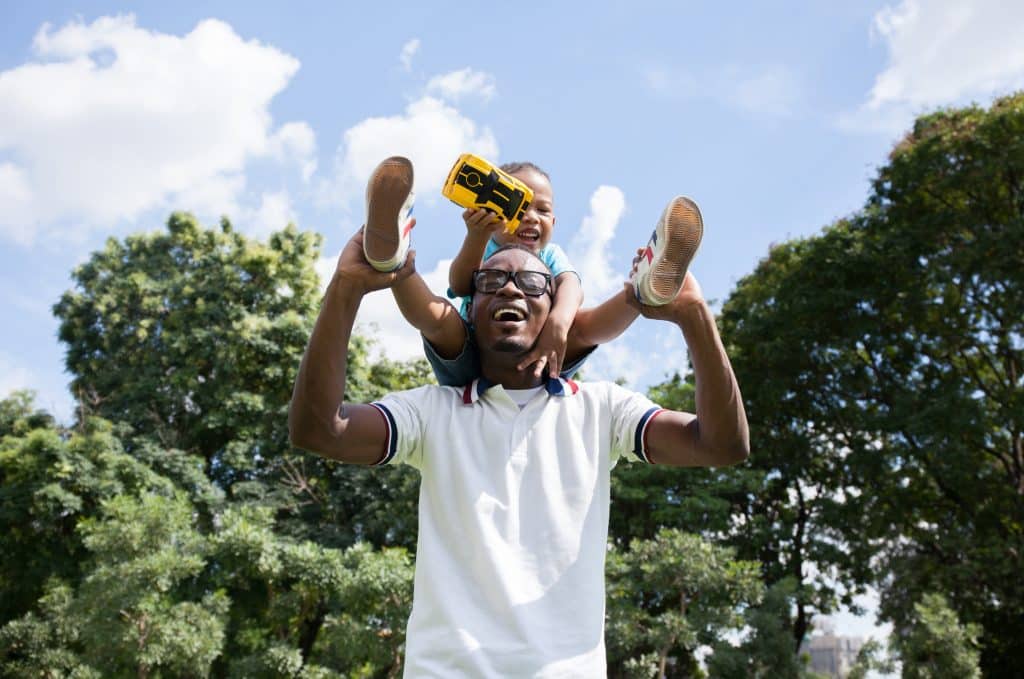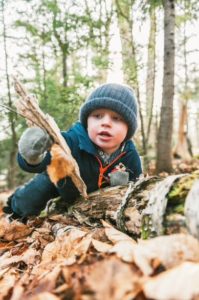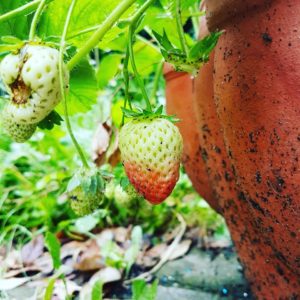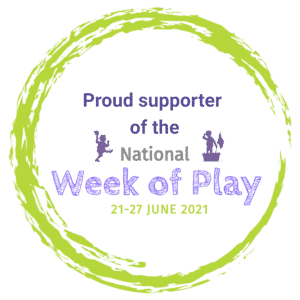
Let’s talk a little about why children should spent more time outdoors and why outdoor play is vital for children’s development and learning.
Outdoor Play
Dr Claire Warden is the founder of Scotland’s first Nature Kindergarten. She leads on the debate of Outdoor Play and Outdoor Learning this is what she has to say about being outdoors in nature:
“Nature Pedagogy is an understanding of our sense of belonging to land, our sense of working with nature. There is a pedagogical shift when you move outside into nature…its learning with nature, not just teaching about it.”
“Nature is a powerful teacher.”
As a qualified Forest School Leader and Beach School Practitioner I have a real passion for the outdoors and getting children and babies outside. As adults and parents we need to trust our own playful instincts remembering as children how play just came naturally. When I think about my childhood and playing, nearly every fun memory was of being outdoors, playing with either my siblings or by myself. I still remember the long warm summer days I spent in my garden making mud pies and lotions and potions from petals, water, soil, stones and anything I could find outdoors. All I needed was the freedom to be outdoors, a bucket of water and left to my own play. I spent many wonderful days in the park with my siblings, where finding the best sticks we could, which became our magic wands. Not forgetting the potential of a puddle after rain. Where we would make boats from twigs and leaves to sail on the puddle, or use it to make a huge muddy soup bowl for the troll that we invented who lived in the park and came out when all the children had gone home.

Playing and learning outside also helps children to understand and respect nature and their environment, for example learning and watching new lifecycles in the plant and wild life of the natural world they live in. Watching a tadpole turning into a frog or a spider spin it’s web, and seeing flowers and trees changing in the seasons. Outdoor play helps to educate the next generation of conservationist. The outdoor environment offers space and freedom for children to move as most children are active learners, being outdoors helps support their spatial awareness.
Children also need to learn how to take and manage their own 
Outdoor Play is good for us!
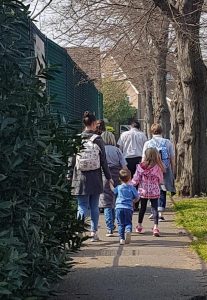
According to experts children Should Spend at Least Three Hours Outside Every Day, getting children unglued from screens and playing outside isn’t always an easy task, but the benefits of spending time outdoors are well worth the effort.
Some of children’s most developed language emerges naturally when they are playing outdoors. (Nursery World)
Children don’t remember their best day of television, but they will remember their best days spent outdoors!
Next time you and your child are outdoors, collect some small sticks and twigs as I will be showing you how to make your own stick person in a few weeks. Remember to follow your usual hygiene procedures for hand washing after you have collected your sticks and twigs.
Vitamin D why it’s important and what it does for our body?
Vitamin D helps regulate the amount of calcium and phosphate in the body. These nutrients are needed to keep bones, teeth and muscles healthy. A lack of vitamin D can lead to bone deformities such as rickets in children, and bone pain caused by a condition called osteomalacia in adults.
Vitamin D. Vitamin D is only found in a few foods, such as oily fish and eggs. It’s also added to some foods, such as fat spreads and breakfast cereals.
The best source of vitamin D is summer sunlight on our skin. This is another reason to get children outdoors and let them get some natural Vitamin D on their skin. But it’s important to keep your child’s skin safe in the sun. Most people can make enough vitamin D from being out in the sun daily for short periods with their forearms, hands or lower legs uncovered and without sunscreen from late March or early April to the end of September, especially from 11am to 3pm.
Children and sun protection advice from the NHS
Children shouldn’t be out in the sun too long in hot weather. Take extra care to protect babies and children. Their skin is much more sensitive than adult skin, and damage caused by repeated exposure to sunlight could lead to skin cancer developing in later life.
Children aged under 6 months should be kept out of direct strong sunlight.
From March to October in the UK, children should:
- cover up with suitable clothing
- spend time in the shade, particularly from 11am to 3pm
- wear at least SPF30 sunscreen
Apply sunscreen to areas not protected by clothing, such as the face, ears, feet and backs of hands.
To ensure they get enough vitamin D, all children under 5 are advised to take vitamin D supplements.
I hope you have found this informative and that it has inspired you to get outdoors and have some outdoor learning fun together!
As part of the National Week of Play the Early Years Alliance have produced a series of Family Time Tip Sheets.


